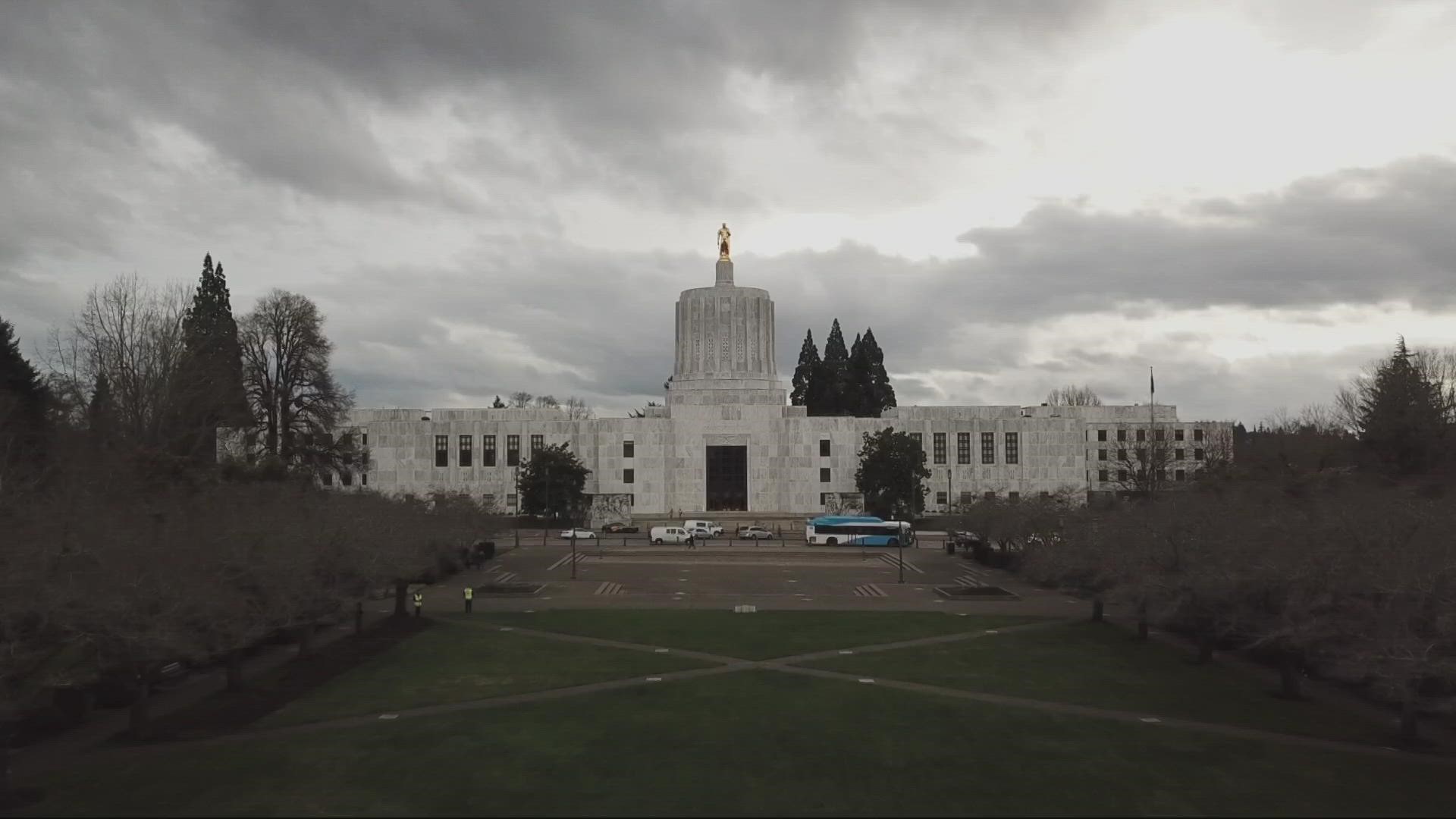PORTLAND, Ore. — Drug addiction and overdoses are affecting every corner of the state. Oregon saw a three-fold increase in opioid overdose deaths in a recent two-year span. The controversial law Measure 110 was put in place to help people access recovery services. A report was just released on how the program has been going.
Data from the report shows Measure 110 is making an immediate impact for people struggling with substance abuse across the state. That’s everything from housing, access to treatment and increasing outreach staff. However, some lawmakers are still skeptical of the program and regardless of this data are threatening to cut back on its funding.
In a preliminary report released last week, the Oregon Health Authority found more than 60,000 Oregonians struggling with addiction were helped through Measure 110, the Drug Addiction Treatment and Recovery Act voters approved back in 2020.
Measure 110 decriminalized user amounts of hard drugs and redirected tax dollars from marijuana sales to pay for addiction recovery center and grants. The report showed that in the first three months of the program, Measure 110 providers helped more than 18,000 people.
Later through the Access to Care grants, another 42,000 people received treatment and temporary housing. About $3 million went toward hiring employees. Overall, $265 million was given to 42 recovery groups and 11 tribal partners, reaching every county in the state.
The report said: “A sobering center in southern Oregon reported that they have eased the local emergency room burden and served as a steppingstone to residential treatment and detox services for several of the clients that they saw.”
Less than 24 hours after the data was released, the House Revenue Committee held a public hearing where they talked of cutting funding for Measure 110 -- as much as $60 million dollars. That recommendation was at odds with governor Tina Kotek’s proposed budget released last week.
“Investing in substance use treatment and services, addressing gaps in treatment by providing startup costs for residential detox and inpatient treatment,” Kotek said during a press conference.
Many argue access to treatment isn’t expanding fast enough, and people like David Castle, who’s addicted to heroin and homeless in The Dalles are falling through the cracks.
“A couple weeks ago, I didn’t care if I died,” Castle said. “There’s no detox here. The hospital won’t do nothing for you they’ll give you a shot and send you back out on the streets.”
KGW asked Castle if Measure 110 has made it easier for him to stay addicted on the streets?
“Oh yeah,” he responded. “You don’t get in trouble for using drugs oh yeah, a lot easier.”
More data around Measure 110 will be released in April including the impact it had in December 2022. The next hearing on the bill’s funding is on Tuesday.

